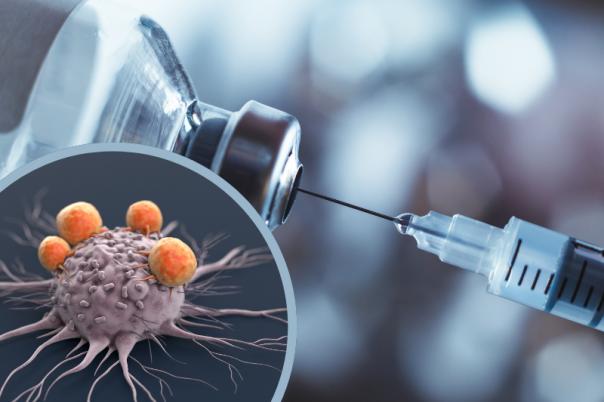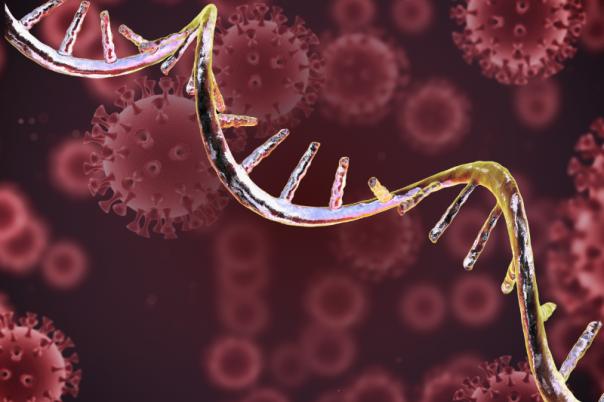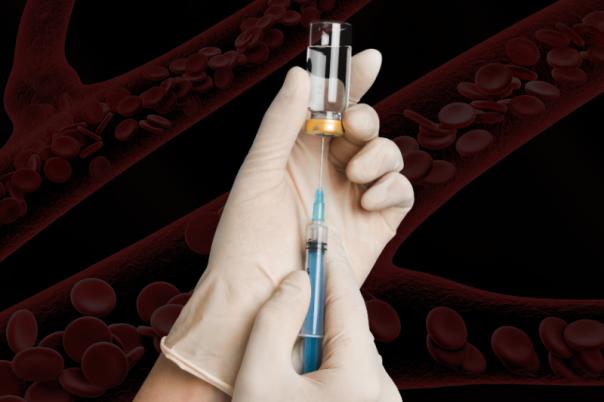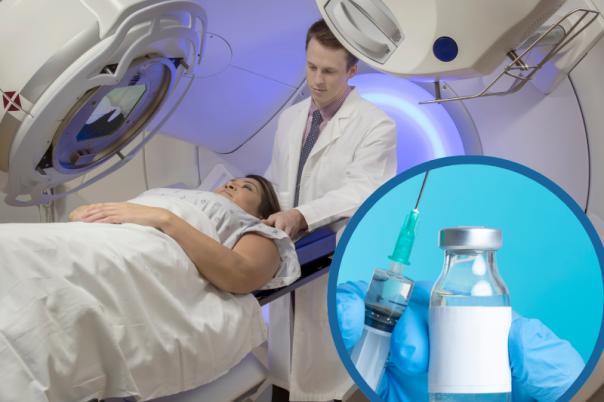This presentation outlines Nykode Therapeutics’ AI/ML-enabled NeoSELECT technology. The computational platform uses cancer patients’ multiomics data to select optimal sets of neoantigens. NeoSELECT can identify up to 20 neoantigens which can then be used in individual neoantigen vaccine design. From there, these vaccines can be manufactured via the company’s established CMC pipeline ready for clinical use.
Starting with data from whole exome sequencing, transcriptome sequencing, and HLA typing from patients, NeoSELECT identifies neoantigens and associates them with properties. The algorithm then ranks the neoantigens it finds based those properties in an effort to find antigens that would work well in developing cancer vaccine candidates.
NeoSELECT has now been tested in two different clinical trials. N-01 is a phase I clinical trial testing VB10.NEO in combination with an immune checkpoint inhibitor. This trial targeted melanoma, lung bladder, renal, and head and neck cancers. N-02 is a phase Ib 3-9mg dose escalation study of VB10.NEO in combination with atezolizumab. This trial is currently in the reporting phase, and targets over ten different late-stage cancer indications.
The presentation discusses the importance of various design parameters such as antigen length, structure, and the use of linkers. Machine learning models are used to optimise these parameters to improve vaccine performance. Hoff also explored the use of protein language models to predict the secretion of vaccine constructs. These models have shown a correlation between predicted and actual secretion levels, helping to optimise vaccine design.
A data-driven approach is used to understand and optimise vaccine design. This includes using both traditional machine learning methods and modern artificial language models to decipher important properties and improve vaccine development. Hoff concluded with the intention to iteratively improve vaccine development using insights gained from data analysis and machine learning.






